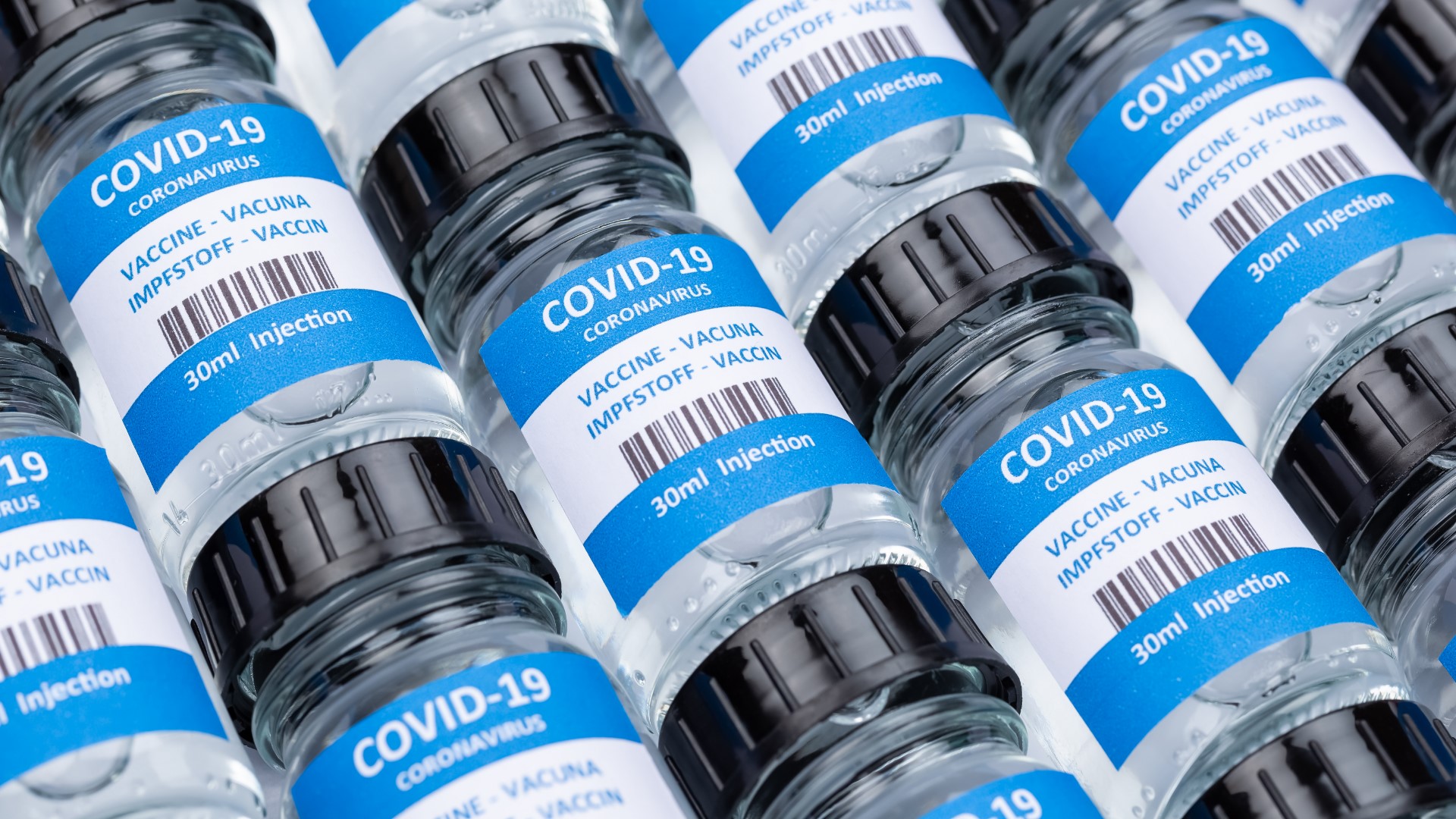MAINE, USA — As of Monday, March 29, nearly a third of Maine's population has received at least one dose of the coronavirus vaccine. While getting vaccinated is an exciting prospect for many, some are hesitant. Getting vaccinated is a personal choice, so not everyone may choose to do it. Regardless, the vaccination conversation is tough to avoid these days, so some experts are offering advice about how to approach it respectfully.
Janet Parnes is a social conversation and etiquette consultant. She says that even though vaccines protect our health, we don't want them to hurt our relationships. Parnes advises that if you're talking to someone you don't know very well, you shouldn't ask them directly whether they've been vaccinated, since this is personal information. Instead, you can talk about whether you've been vaccinated. If you have, try sharing your experience and give them an opportunity to respond.
Signs someone is receptive to the conversation include nodding, eye contact, and smiling. Signs someone is uncomfortable include looking away, shifting their weight, lowering their head, or changing the subject.
"The primary goal of etiquette is to make people feel valued, understood, and heard -- make them feel comfortable," Parnes explained. "When we have these conversations, we have to put ourselves in their shoes. What is going to make them comfortable? What is going to make them at ease? That has to come before our curiosity."
When it comes to hosting or planning to attend a group event, the situation is a bit different. Parnes says it's important to "take the temperature" of the group. A lot of people who are vaccinated feel more comfortable being around others who are also vaccinated -- but if people aren't willing to share that information, you need to consider whether you want to partake in the event. Parnes says you could always speak to the host or mutual friends to find out if they know who is vaccinated.
"When we have the conversations with people, we want to make them feel valued and comfortable. However, courtesies does not mandate that we throw ourselves and loved ones under the COVID-19 bus," Parnes said. "We have to walk that line between keeping ourselves safe and respecting others' privacy."
If you do want to talk about the vaccine with family or friends with concerns, the CDC has some tips. You can:
- Ask open-ended questions to explore and understand their concerns without sounding judgmental.
- Get their permission to share information from reputable sources (like CDC.gov; their local health department website; or people like doctors, nurses, or pharmacists) about vaccines.
- Help them find their own reason to get vaccinated, like protecting their family, being less anxious, or going back to school or work.
- Work with them to make their vaccination happen by offering to set up a vaccination appointment nearby or helping with transportation or childcare.
"I think the best thing is really to be open and to tell people, 'Yeah, I got vaccinated. I'm feeling fine, and I'm feeling a lot better that I'm not going to die of COVID-19," Peter Millard, an infectious disease epidemiologist and former CDC employee, said. "I think people who have been vaccinated should share their story with others -- particularly with the skeptics."
When possible, it's best to have these conversation in person, via FaceTime or Zoom, or on the phone -- not via email or text. That way, it will be easier to try to relay the message you want to get across with the right attitude and tone of voice.

